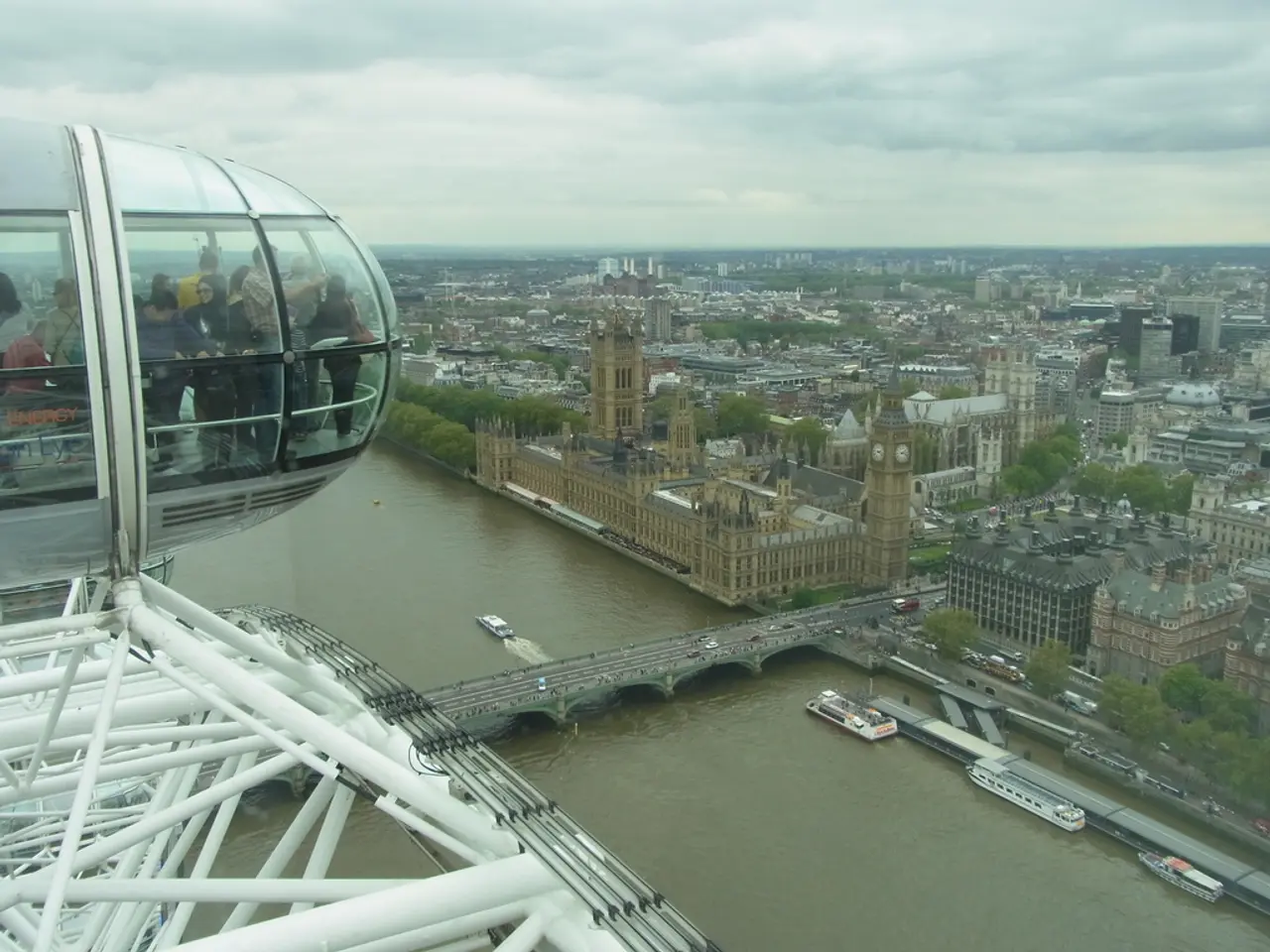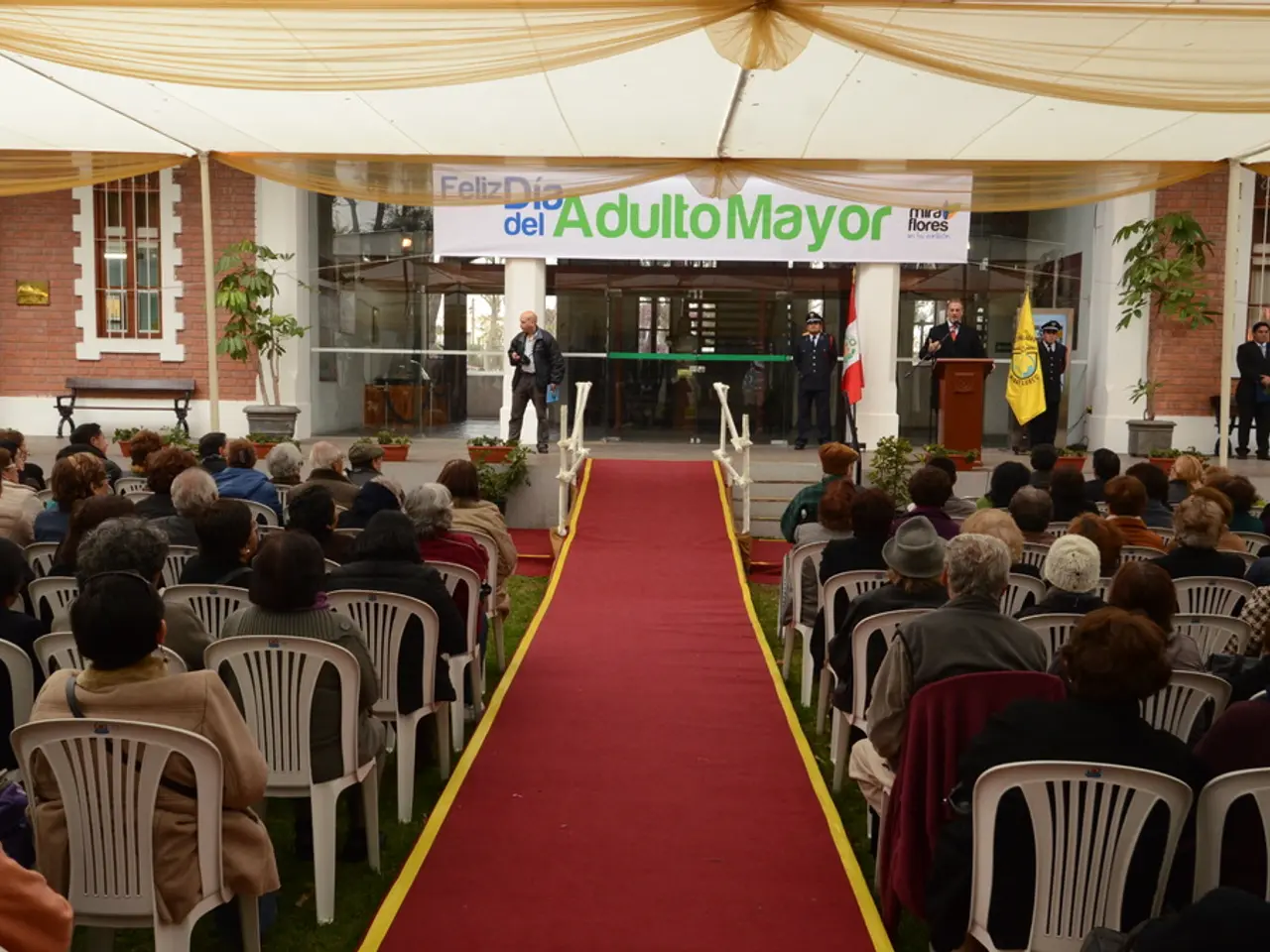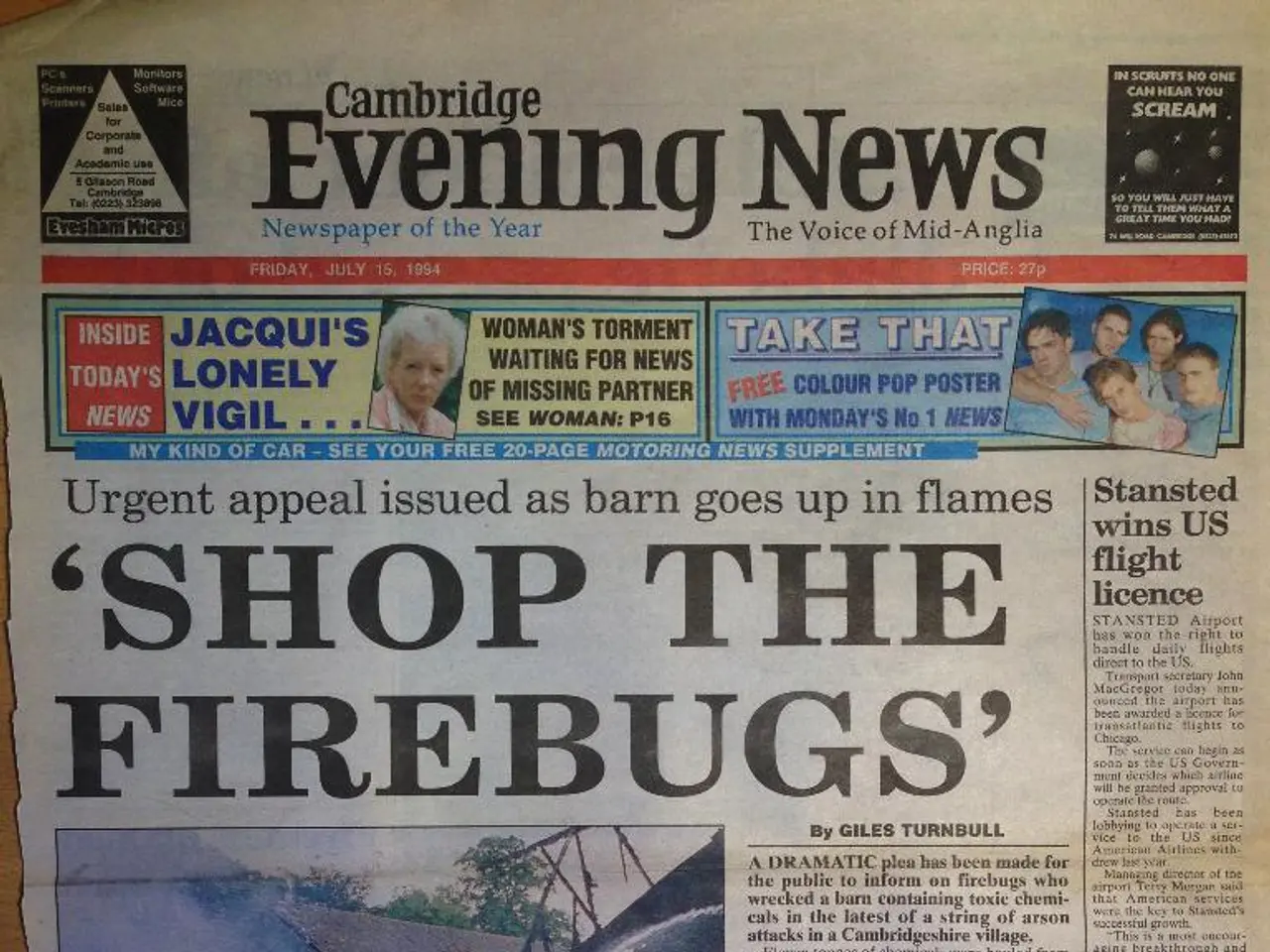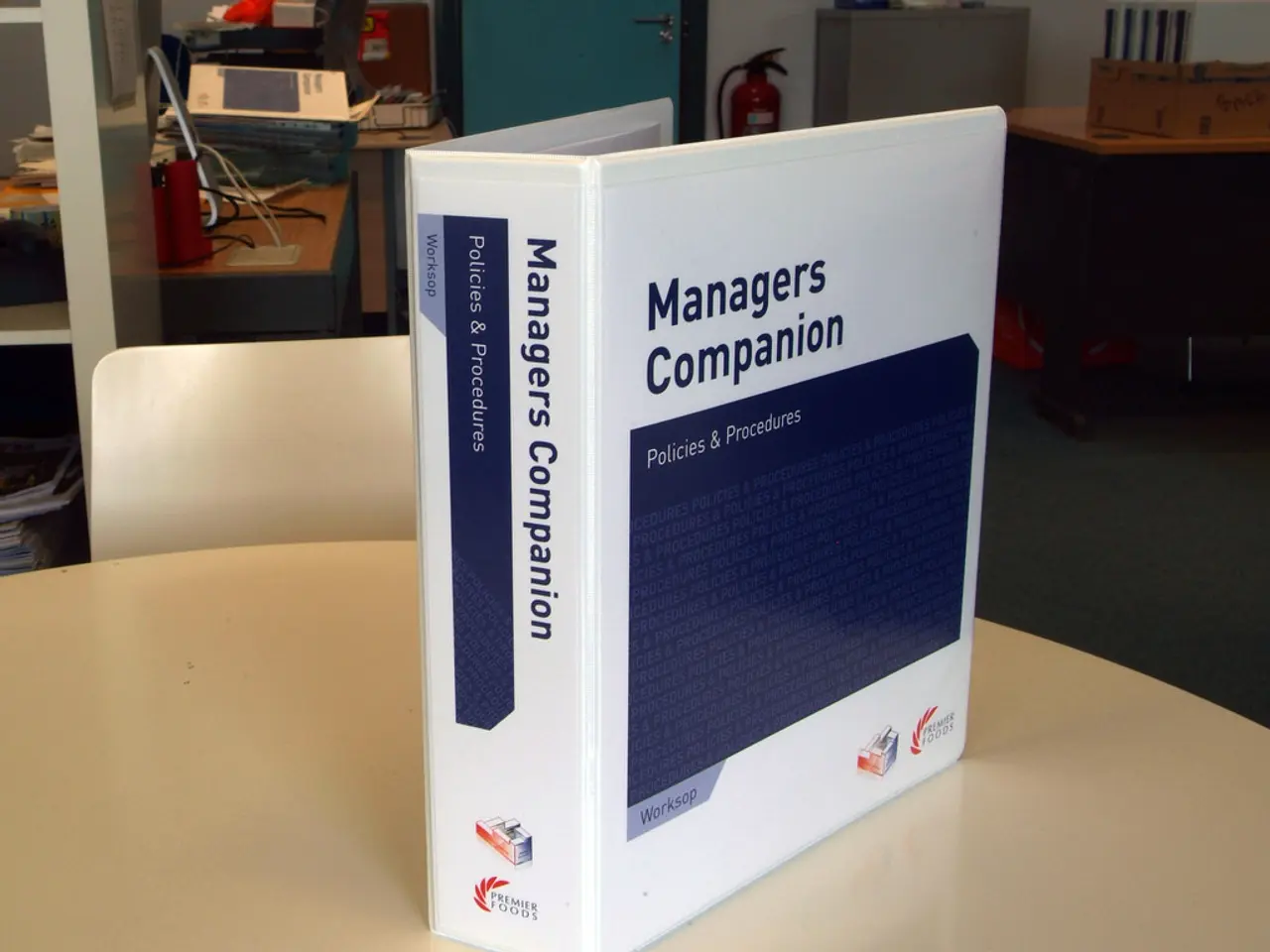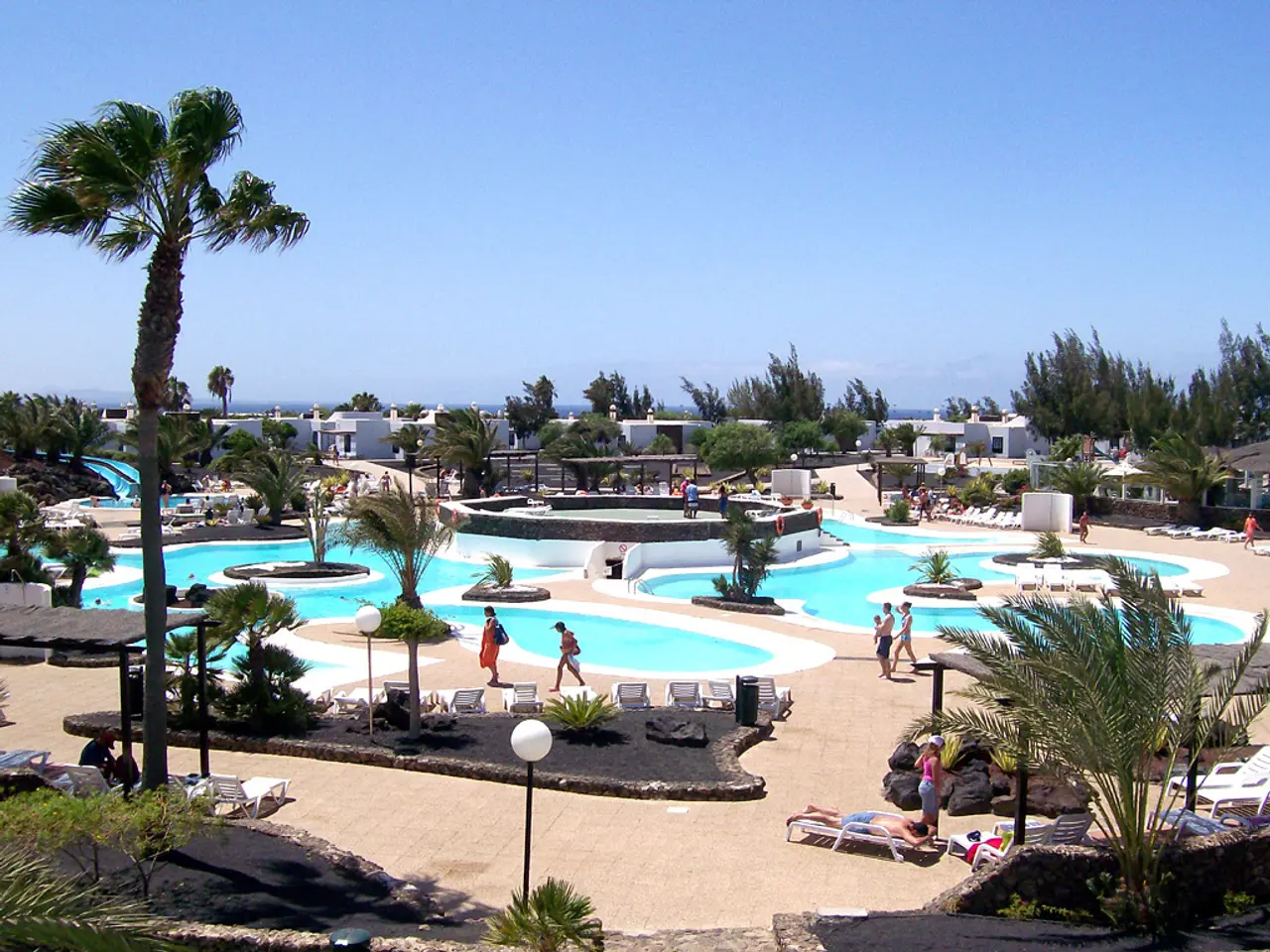Trump's Upcoming Second Visit to the UK May Include a Notable Alteration, Attributable to Nigel Farage
In a significant political development, the UK government holds the prerogative to recall Parliament at its discretion, as announced by government officials. This decision is based on the urgency and importance of the matter, such as a US President’s speech, and is made by ending the recess and notifying Parliament accordingly without needing a formal vote.
The decision to recall Parliament is usually made by the Prime Minister and Cabinet, who assess whether the issue at hand demands parliamentary time during a recess. Factors considered include the parliamentary calendar, the availability of MPs, and the significance of the event or issue prompting recall.
For instance, a US President’s speech to the Houses of Parliament would be an exceptional event possibly justifying recalling MPs from recess to attend or debate surrounding issues. The government would weigh the significance of the visit and the purpose of the speech before deciding to recall members, balancing parliamentary functioning and the urgency of the occasion.
However, it is essential to note that no specific request to address the Houses of Parliament has been made at the time of writing. US President Donald Trump has been invited by King Charles III to visit the UK from September 17 to 19, but the question of addressing Parliament has not been raised.
Nigel Farage, leader of Reform UK, has called for parliament to be recalled and for Trump to be given the opportunity to address both houses. Farage believes that without Trump’s visit, the UK would be "defenceless". He also criticized the treatment of Trump compared to French President Macron’s visit, stating that Macron was "damn rude" for lecturing the UK on Brexit.
The Commons and Lords Speakers determine whether it is in the public interest to agree to a request to address the Houses of Parliament. The office of House of Commons Speaker Sir Lindsay Hoyle made a statement about the matter, stating that requests to address the Houses of Parliament will be considered in the usual way.
It is worth mentioning that Farage leads a party with only four MPs, and his calls for parliament to be recalled have been met with ridicule online. One protester, Steve Bray, stated that the situation is "unbelievable".
Despite the controversy, the decision on whether to recall Parliament remains with the government, reflecting the executive nature of the process. The usual way of considering requests to address the Houses of Parliament is not specified, but it is understood to involve careful consideration of the public interest and the importance of the issue at hand.
The government's decision to recall Parliament might be influenced by significant events or issues, such as a US President's speech, which could fall under general news and politics. Policy and legislation could also be involved as the Prime Minister and Cabinet assess whether the issue warrants parliamentary time during a recess, considering factors like the parliamentary calendar, availability of MPs, and the event's significance.
